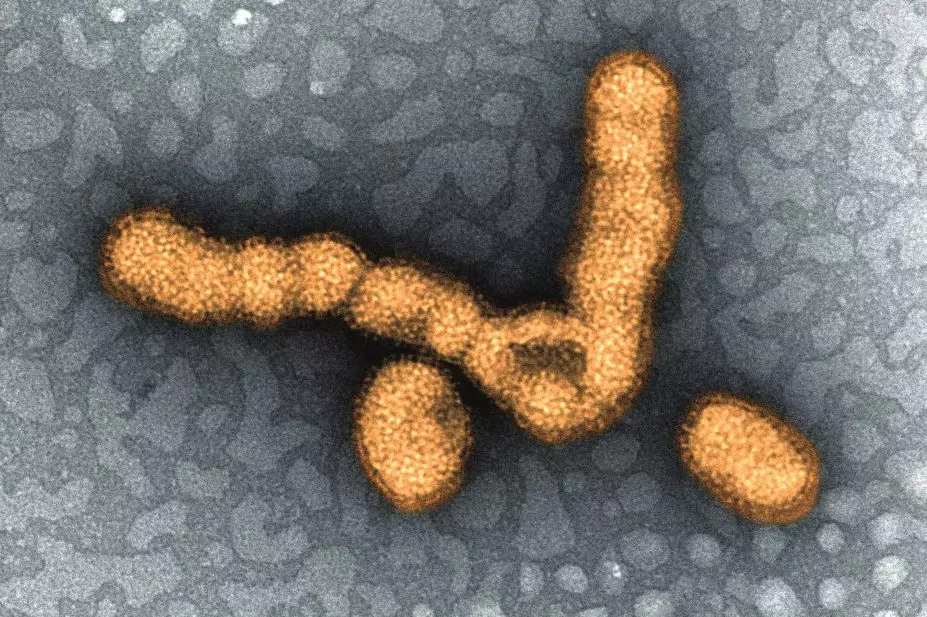
National Institute of Allergy and Infectious Diseases
Influenza infection can result in central nervous system inflammation, which is a risk factor for neurodegenerative disorders including Parkinson’s disease (PD).
In research published in npj Parkinson’s Disease
[1]
(online, 23 May 2017), researchers explored what effect infection with the H1N1 influenza virus, or swine flu, had on the brains of mice when they were administered with a toxin that induces PD-like symptoms.
They found that mice that had previously been infected with H1N1 had a more severe parkinsonian pathology following toxin administration than those that had not. Prior vaccination against influenza or administration of a neuraminidase inhibitor at the time of infection was able to attenuate this effect.
The researchers say the studies support the hypothesis that environmental factors, including seasonal flu, can contribute to the development of Parkinson’s disease and that flu prevention or treatment could have important public health consequences for long-term neurological health.
References
[1] Sadasivan S, Sharp B, Schultz-Cherry S et al. Synergistic effects of influenza and 1-methyl-4-phenyl-1,2,3,6-tetrahydropyridine (MPTP) can be eliminated by the use of influenza therapeutics: experimental evidence for the multi-hit hypothesis. npj Parkinson’s Dis 2017;3:18. doi: 10.1038/s41531-017-0019-z

